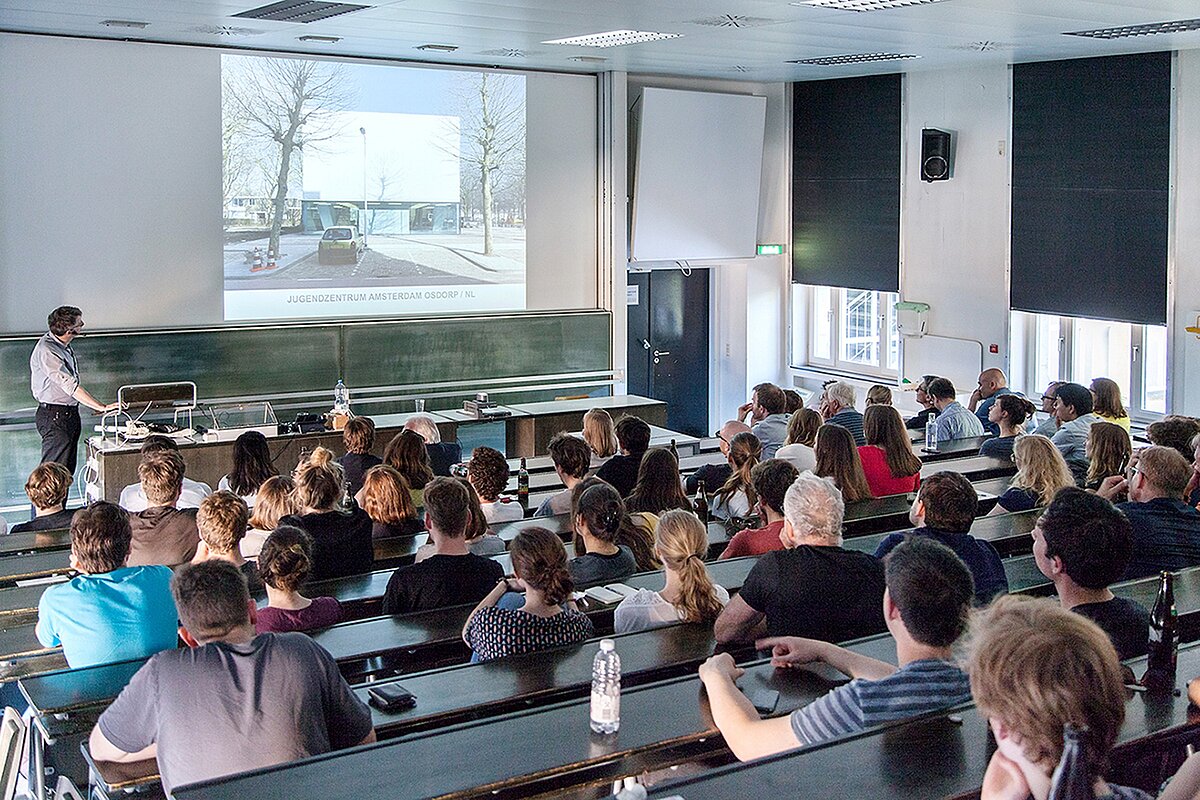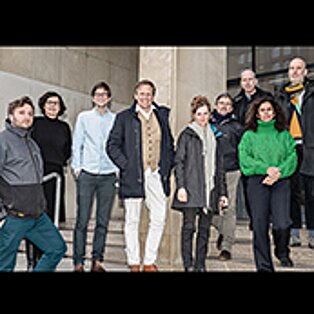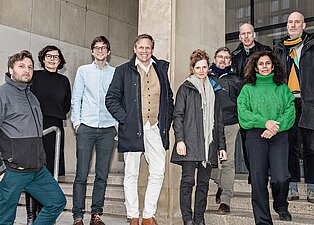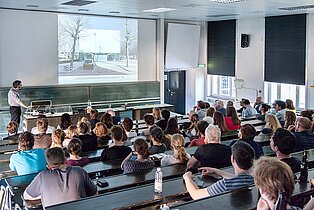Sto Foundation initiates W2 professorship at KIT
It is no longer just political and economic leaders who are looking for solutions on how to facilitate the necessary transformation of our society toward sustainability and environmental protection; scientists and educators are increasingly involved as well.
The non-profit Sto Foundation also wants to do its part to help solve this complex problem in the building sector. For 16 years, it has primarily supported the next generation of people working in the construction industry as well as architecture and engineering students.
Against this backdrop, in the summer of 2021, the Foundation announced a 3-year W2 Foundation professorship for international universities, technical universities and academies. Beginning in the winter semester of 2021/22, it will be hosted by the architecture faculty of the Karlsruhe Institute of Technology, KIT. An additional research budget has been made available in order to make it easier for this professorship to delve into research (in addition to teaching).
Out of a total of 38 international applications featuring highly innovative and future-oriented research and teaching concepts, that of Prof. Dirk E. Hebel, the dean of the architecture faculty at the Karlsruhe Institute of Technology, impressed the jury, which was led by Foundation council member Prof. Ralf Pasel of TU Berlin, the most:
Foundation professors from international architecture offices, with practical experience, and those teaching at universities will offer students and instructors at the KIT architecture faculty a comprehensive perspective on the subject "Sustainable Materials for a new Architectural Practice – Entering a circular economy". Specifically, it will deal with the question of how society can transition to using materials more consistent with the ideas of the circular economy and to responsibly building with natural resources in an era of climate change, an increasingly urgent resource shortage and the pollution of our environment. In addition to courses for students who are getting their Master's degree in architecture, KIT also wants to offer public lectures, document the results of the events and publicise them in a way that attracts attention.
Members of three well-known offices were invited as Foundation professors. Over the next 30 months, as part of this guest professorship, six international guest professors in three teams of educators will teach Master's degree-level classes at the architecture department.
- Kerstin Müller and Oliver Seidel, Office: baubüro in situ ag, Basel
- Maarten Gielen with Prof. Anapuma Kundoo, Office: Rotor asbl-vzw, Brussels and Anupama Kundoo architects, Pune, Pondicherry/IN, Berlin/DE
- Peter van Assche and Katja Hoogendorn, Office: bureau SLA – we are architects, Amsterdam
You can download the high-resolution images here.





